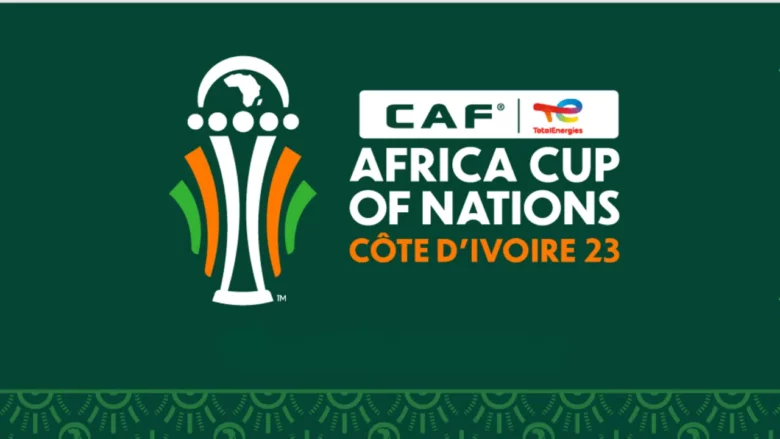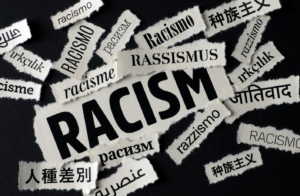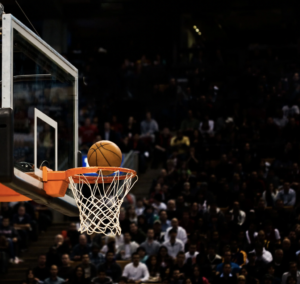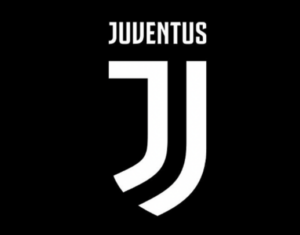As a matter of honor and pride, international footballers wear their national colors to represent their countries in continental or global competitions. However, African players aspire to greater things.
In football tournaments such as the Africa Cup of Nations (AFCON), players reap the rewards of their labor.
According to DW’s sources in the know, football players’ incentives serve as private investments in their future and compensation for past misfortunes.
Bonuses spark heated debates throughout Africa.
From where Africa’s best players hail
“Bonuses to footballers on the African continent are a big deal because most of the African countries… do not develop the footballers and do not give them opportunities to [reach their potential],” Otuo, an African sports analyst, told DW.
“The footballers have to go through difficult times to get to the top, so when they get to the top and they are representing the country at a competition, they think that the country must pay them before they partake.”
Bonuses for qualifying and playing in tournaments are common, however payments are a point of contention in certain countries.
This includes the Africa Cup of Nations, the most prestigious football competition in Africa.
Differences in the qualification bonus
Officials from Equatorial Guinea reportedly got into a disagreement last week with players because the players wanted greater incentives to qualify for the AFCON.
A qualification reward of €16,000 ($17,574) each player and €6,000 every match was desired by the participants, irrespective of the outcome. They were seeking €3,000 for every match prior to the revised demand.
Unpaid incentives have led Gambian players to threaten a boycott of the AFCON. Their final training session was missed before they traveled to Ivory Coast, the host of the AFCON.
“I think you are entitled to receive it if something is promised to you, not to bring confusion,” Gambian national team captain Omar Colley told DW.
“So, I’d like to clear everything out, the thing is that we had an agreement with the GFF that this qualifying bonus will be paid.”
The role of the president
The team made a number of demands, but after reaching an agreement, they changed their minds, according to Lamin Kabba Bajo, president of the Gambia Football Federation, who spoke with DW.
“Within that demand is a qualification bonus of €15,000 per player when we qualify to AFCON 2023 and that’s the least they could have, because the request was far ahead, it was about €25,000,” he said.
They were having a two-way chat. We were informed that we would not be able to train or go to Abidjan, Côte d’Ivoire, unless this amount was paid. Out of nowhere, I was summoned to a meeting.
Intermediary between the players’ union and the federation was President Adama Barrow of Gambia.
We are going to represent the government in this event, therefore I persuaded President Barrow to provide us diplomatic passports instead of using his own funds, Colley said.
On Monday, in the first match, the Gambia will face Senegal, the AFCON champions.
Is it reasonable to expect a bonus?
Otuo foretold that unless African countries put money into football growth and assistance, there would be more turmoil for a long time.
“The footballers have to pay their way through agents and go through difficult times before they even get to the top… that is why on the African continent, most of the countries [deal with] footballers demanding money before they play,” he us.
Since football officials and governments often fail to honor their promises to players in previous tournaments, Otuo said that the disputes are justified.
“There have been precedents where they have been told, ‘Don’t worry, after the tournament, you would be [cared] for’ and it doesn’t come after the tournament,” Otuo said. “So they always demand the money before they get onto the field to play.”
This time, Bola Tinubu, president of Nigeria, spared the team’s performance by approving funds to pay all delayed bonuses to the staff, players, and coaches.
Bonus information made public
The incentives of Nigeria’s players were disclosed.
Each Super Eagle would get $35,000 in bonuses if Nigeria is victorious.
For every AFCON match that is won, a bonus of $5,000 will be awarded. Bonuses are cut in half with each draw.
The FMF has also accounted for the players’ incentives for qualifying for the African Cup of Nations.
If each competitor makes it to the AFCON semifinals, they will each get $2,000 and $6,000.
To help players qualify for AFCON 2023, Zambia offered $5,000.
Refusing to drill before their group match against Portugal over appearance money, Ghana’s Black Stars players made headlines during the 2014 FIFA World Cup.
The West African nation has chosen not to reveal the salary of AFCON players in order to avoid any issue.
Raising the AFCON prize pool
In 2023, the CAF will increase the prize money for the AFCON winners by 40%.
The top prize is $7 million, with $4 million going to the -up. Half a million dollars each goes to the two finals, while 1.3 million goes to the four quarterfinalist.
“I am convinced that part of the prize money will contribute to the development of soccer and will also benefit all soccer stakeholders, while helping our member associations with their administrative tasks,” CAF president Patrice Motsepe said.
Despite CAF’s latest statement, South Africa insists it is not trying to derail the situation.
According to South African Football Association president Danny Jordaan, Bafana Bafana would get $7 million in prize money if they were to win the AFCON, but they would receive nothing in the event of a loss.
The team has to be focused. They stand to gain $7 million in a victory and lose nothing if we clean everything. The team has to focus and play well, Jordaan told SABC.
Bonus issues will continue tournament after tournament, according to Otuo, since footballers had expenses to pay. He also said that African countries should invest in their players.
“I think CAF must come and help address all these issues so that monies would be channeled to the right places for the development of the footballers so that they don’t boycott competitions in the future,” he said.



